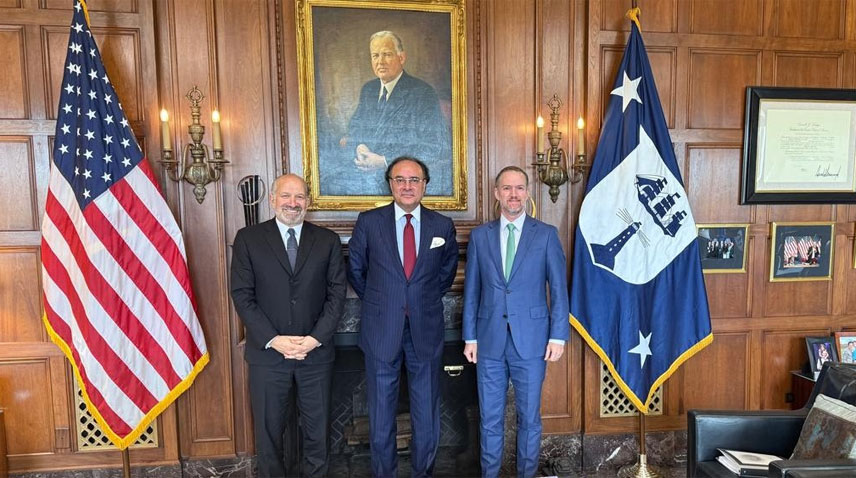In a significant development amid the prolonged and devastating conflict in Gaza, the Palestinian resistance movement Hamas has announced its willingness to engage in immediate ceasefire negotiations based on the latest proposal presented by regional mediators. The announcement comes as Gaza reels from sustained Israeli military operations and an escalating humanitarian catastrophe, sparking fresh calls for a diplomatic breakthrough to halt the bloodshed.
According to a statement released by the group’s leadership on Saturday, Hamas has informed mediators in Egypt and Qatar of its readiness to resume discussions aimed at achieving an immediate cessation of hostilities, contingent on a framework that includes core demands such as the withdrawal of Israeli forces from Gaza, an end to the siege, and unrestricted humanitarian access.
The Israeli government, however, has yet to formally respond to the renewed offer. Analysts note that Tel Aviv has maintained a hardline stance, insisting on Hamas’ complete demilitarization and the return of Israeli hostages as preconditions for a ceasefire agreement.
Despite repeated attempts by international actors including the United Nations, Egypt, and Qatar, efforts to broker a lasting truce have been marred by deep mistrust and competing demands. The current situation in Gaza, where tens of thousands have been killed or wounded and basic infrastructure has collapsed, adds urgency to the ongoing mediation.
Hamas spokesperson Hazem Qassem reaffirmed the group’s commitment to a ceasefire, saying, “We are ready to respond positively to any initiative that ends the aggression against our people and ensures our right to freedom and dignity.” He further emphasized that Hamas is engaging in talks from a position of resilience, despite the heavy toll of war.
The conflict, which reignited after a deadly Israeli airstrike in Rafah followed by retaliatory Hamas rocket attacks, has drawn widespread condemnation from human rights organizations and global leaders. Civilian casualties, particularly among women and children, continue to rise, intensifying international pressure on both sides to reach a political solution.
In recent weeks, the humanitarian crisis in Gaza has deteriorated sharply. UN agencies have warned of imminent famine, disease outbreaks, and mass displacement if the violence does not subside. Hospitals are overwhelmed, and over 70% of Gaza’s population has been displaced due to the destruction of homes and essential services.

Observers believe that Hamas’ willingness to return to the negotiating table is a strategic move aimed at leveraging international sympathy and portraying itself as a legitimate political actor seeking peace, while shifting the spotlight onto Israel’s military operations and ongoing blockade.
There is a growing consensus among international diplomats that any sustainable resolution will require a phased plan involving a ceasefire, prisoner swaps, humanitarian access, and eventually, a political framework addressing the two-state solution and the future governance of Gaza.
Whether Israel will accept the proposal remains uncertain. Prime Minister Benjamin Netanyahu has come under increasing domestic and international scrutiny for the war’s handling, with mounting protests inside Israel demanding a diplomatic resolution and the safe return of captives.
As talks continue behind closed doors, the people of Gaza wait anxiously for signs of relief. With power outages, food shortages, and medical emergencies becoming the norm, the call for an end to hostilities grows louder by the hour.
#Hamas #CeasefireTalks #GazaConflict #IsraelPalestine #PeaceNegotiations #MiddleEastCrisis #GazaUnderAttack #PalestinianRights #TruceInitiative #HumanitarianCeasefire

















